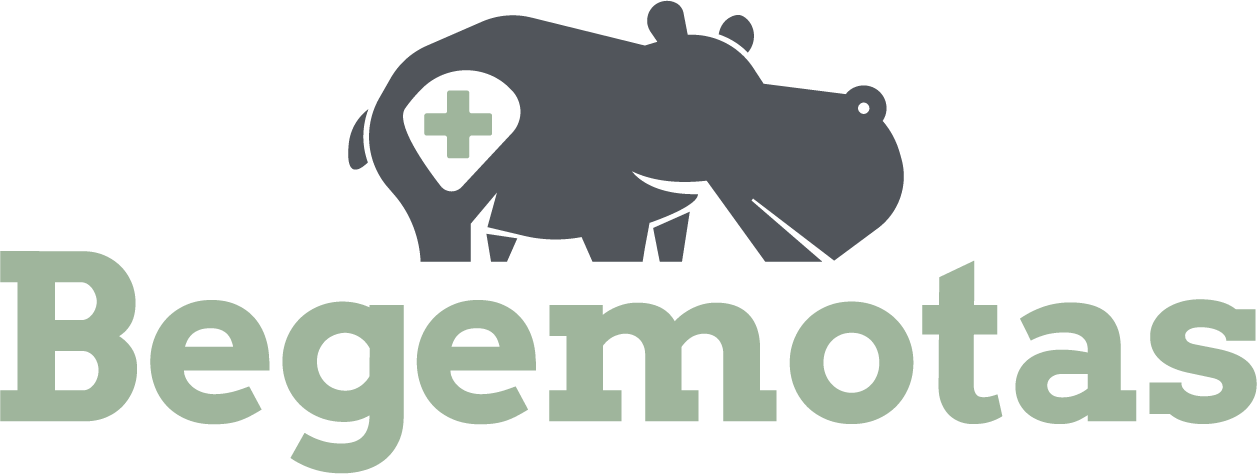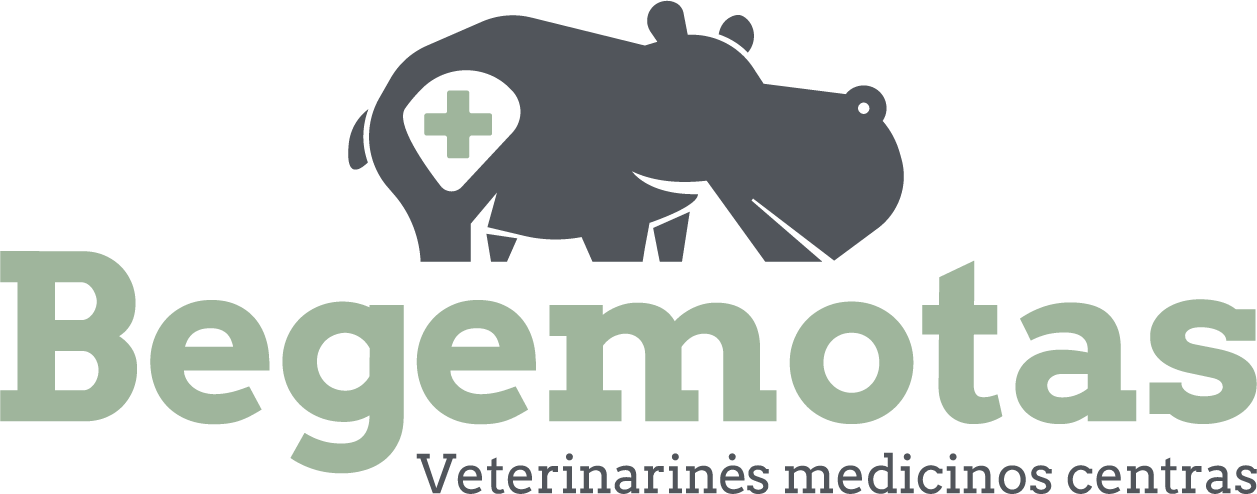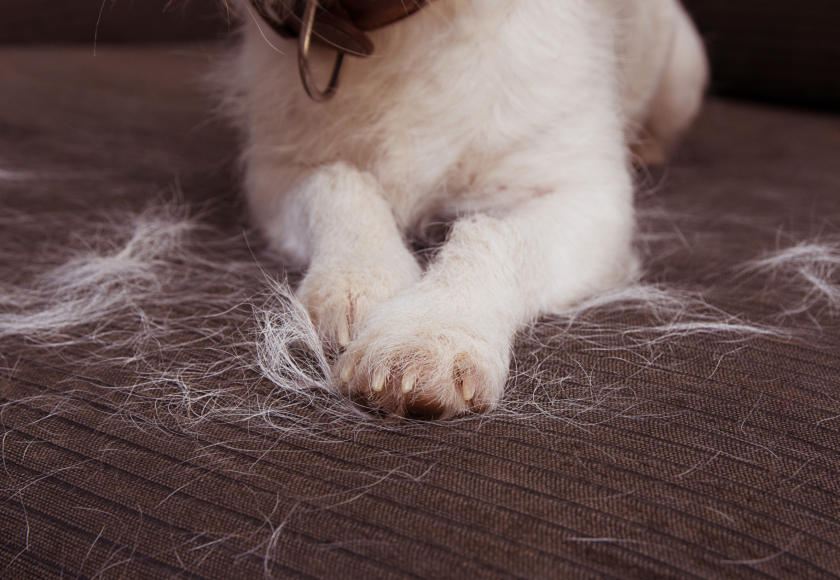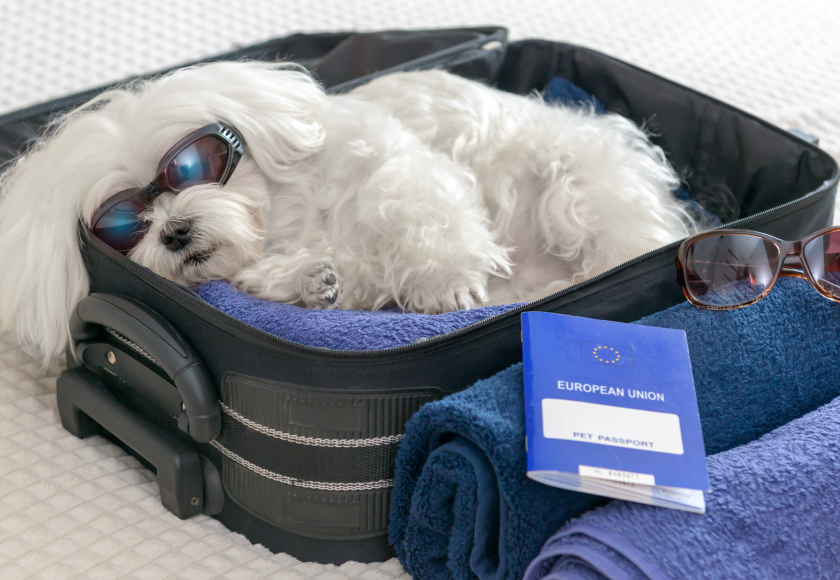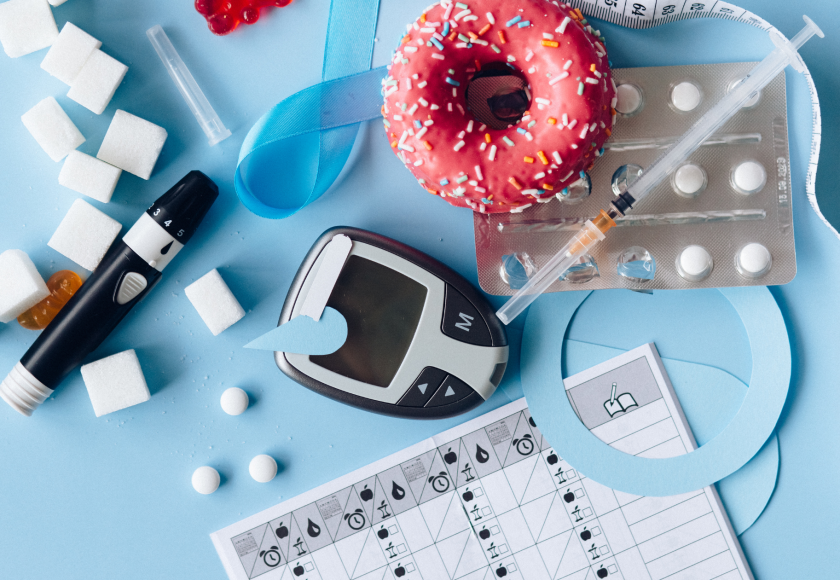People who visit veterinary clinics in December often ask doctors how to help their pets react more calmly to stressful noises. Our small and large four-legged friends – dogs and cats – usually dislike fireworks, and some are even terrified of them.
New Year’s Eve is a very stressful night for our pets. It is no secret that many animals are extremely afraid of fireworks on New Year’s Eve.
Although many large cities have already restricted the sale and use of pyrotechnic products, there are still fireworks enthusiasts on New Year’s Eve and New Year’s night. So, how can we help our pets?
Table of contents
What to do if your pet is afraid of fireworks?
The most important thing you can do to help a pet that is terrified is to remain calm and stay close to them. If your cat or dog is terrified of fireworks, do not leave them alone at home. Respond positively to all extraneous noises, praise your pet for its courage, and calm it down by hugging or petting it.
A pet experiencing stress may behave strangely or unusually, so do not punish it. Once the source of stress is gone, your pet’s behavior will usually return to normal. This will help you maintain a strong bond with your pet.
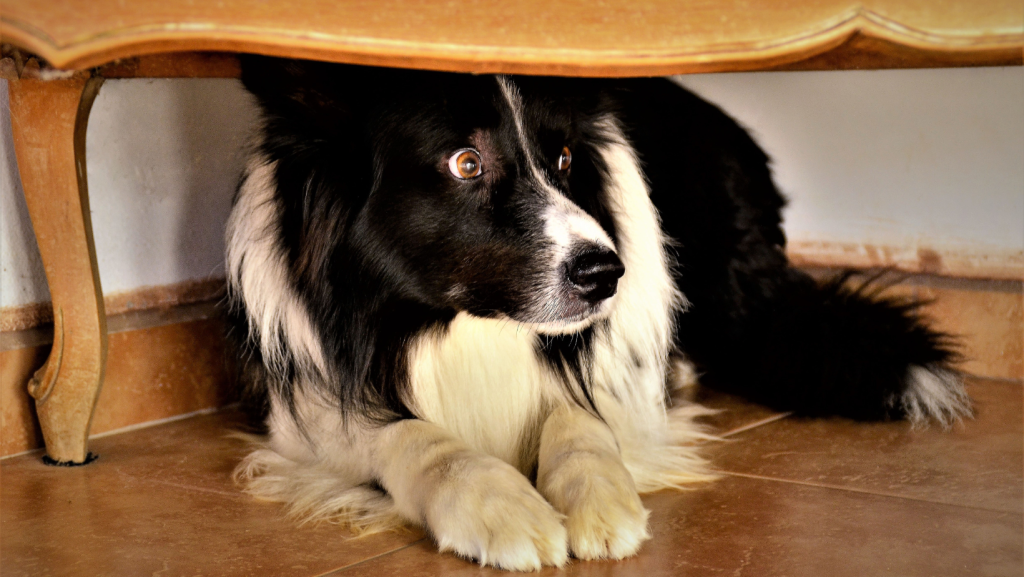
Practice and home comfort
You can start getting your pet used to the sounds and sights of fireworks in advance by playing different images and sounds on TV at home that resemble what can be heard and seen through the window on New Year’s Eve, and gradually increasing the volume.
The behavior of the owners is very important. If your cat or dog is afraid of fireworks, create a safe environment for them at home where there are no lights or as few explosion sounds as possible.
Walks
It is also very important not to forget to take your four-legged family members outside. If your dog is terrified of fireworks, it is better to take him outside when there is the least chance of fireworks being set off.
This could be early evening or very early morning, when the celebrations have not yet begun or have already subsided.
Pet nutrition
The next stage is very important – feeding time. Avoid feeding your pet right before New Year’s Eve. It is better to feed your pet a couple of hours before New Year’s Eve. Stress can interfere with proper digestion and absorption of food, causing your pet to vomit, have diarrhea, or simply refuse to eat.
Veterinary safety assistance for those afraid of fireworks
Sometimes disaster is just one step away, so protection is no shame. Even the most obedient pets can behave unpredictably when stressed and may run away.
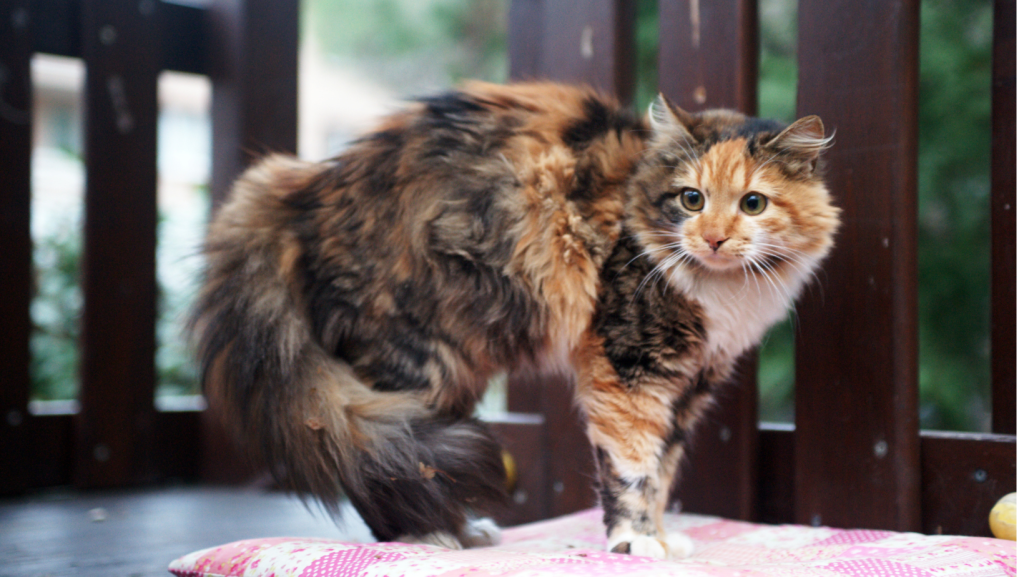
Marking
Veterinarians remind us that in order to ensure your peace of mind and the health of your pet, you must remember to microchip your animal and register it in a database, or check with veterinary clinics to ensure that the contact information in the databases is correct and up to date.
We would also like to remind you that all information in the database is secure, so we can only verify it by scanning the microchip in your pet’s paw at a veterinary clinic. This information cannot be verified by telephone.
Sedatives
Veterinarians advise calming pets that experience high levels of stress and fear with medication on New Year’s Eve. At the Begemotas veterinary clinic, you can purchase not only sedative tablets or capsules, but also calming pheromones, which help to create a calm and safe environment at home.
Calming pheromones are a special liquid sold together with a diffuser that helps pets maintain emotional stability and spatial orientation.
Veterinarians emphasize that it is very important to use non-prescription sedatives in advance. Sedative tablets and capsules should be started 4-5 days before New Year’s Eve, and it is recommended to start using pheromones at home about a week before the upcoming stress.
It is also very important to pay attention to the dosage of the preparations. Do not exceed the dose prescribed by your veterinarian, and if you have any additional questions, you can always consult with your veterinarian when you visit Begemote or call them by phone.
When to seek help from a veterinary clinic?
If none of the above methods or preparations have helped your pet, we always welcome caring owners and their pets at our clinic. Dogs and cats whose fear is panic-stricken and causes health problems may be prescribed prescription sedatives. However, this can only be done by a doctor after a thorough examination of the animal and consultation with the owner.
The Begemotas Veterinary Medicine Center advises owners of dogs and cats that are terrified of fireworks to take precautions in advance. Register for a consultation now by calling +370 677 95077 or online.
